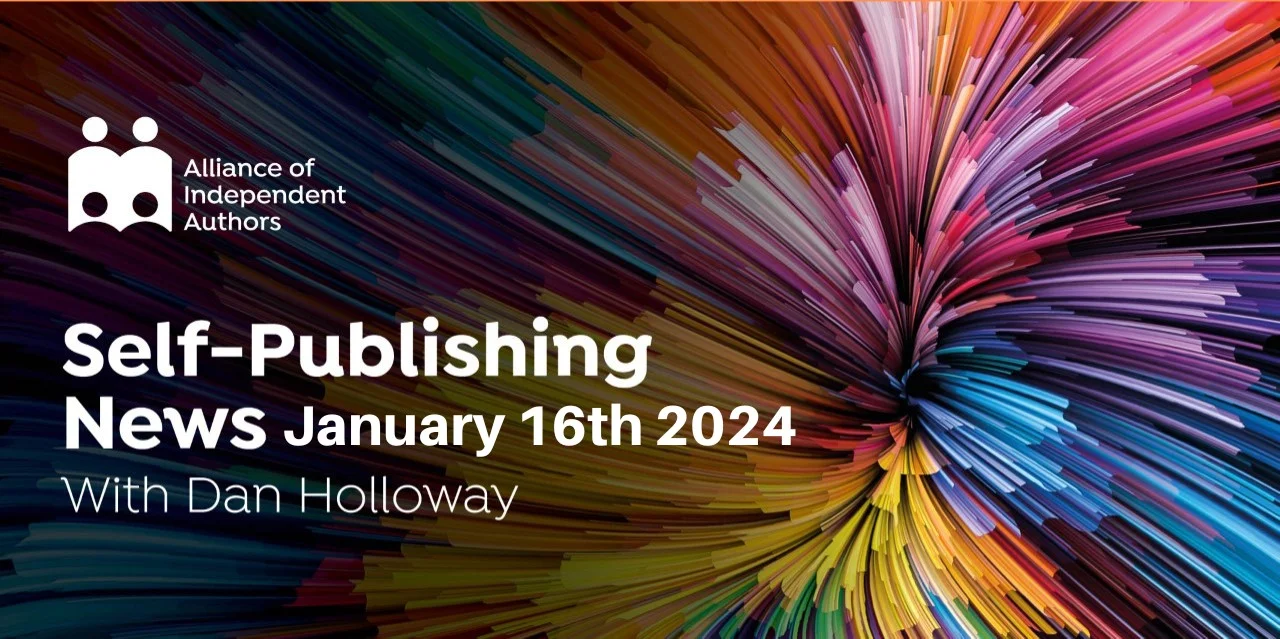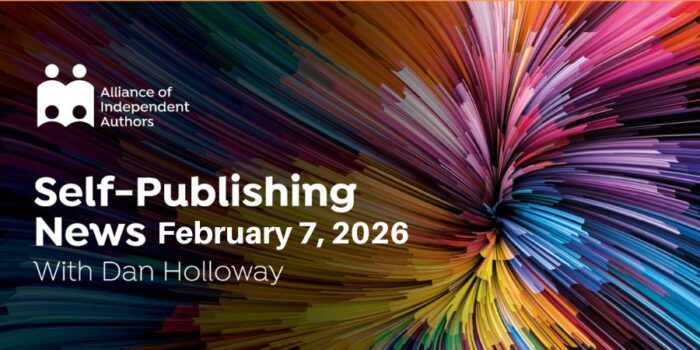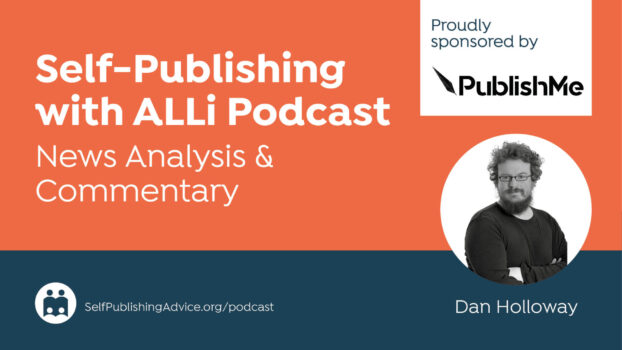
ALLi News Editor, Dan Holloway
After a week without AI, there are two big stories relating to AI agreements that I will combine here on ALLi's News column. Both of them impinge very much on our world.
The first is something that was inevitably coming. OpenAI has responded to the New York Times (NYT) lawsuit I reported on recently. The newspaper alleges breach of copyright for training its generative AI without consent or compensation. And, perhaps more importantly, of producing almost identical content as a result of that training. That similar content has, for media outlets like the NYT, a potentially huge impact on ad revenue. News publishers require eyeballs to be on their actual content, not similar content derived from it.
The case has been further complicated by the fact that it came about after talks about a paid arrangement fell through. This led to several serious commentators claiming the NYT is using it as a negotiating tool.
OpenAI’s claim that the suit is “without merit” will come as no surprise. They claim, unsurprisingly, fair use. But, really interestingly, they get on the front foot as well. Many writers and publishers have taken to claiming that the content ChatGPT produces could only be generated if it had been trained on their work, OpenAI have turned that on its head and claimed that NYT could only have got the results it did by manipulating prompts in contravention of the platform’s terms.
Gloves off!

Photo by Thought Catalog on Unsplash
In Other AI News
Somewhat more surprising, given the lengthy strikes of last year, is the news that the Screen Actors Guild has said it will work with AI platforms. In theory this will enable it to have a seat at the table when digital versions of actors’ voices are being discussed. Accompanying this is the announcement that the Authors Guild in the US is looking into discussing blanket licenses with AI companies.
This is a space that it’s clear is going to be moving very quickly over the coming year as AI agreements are made.




